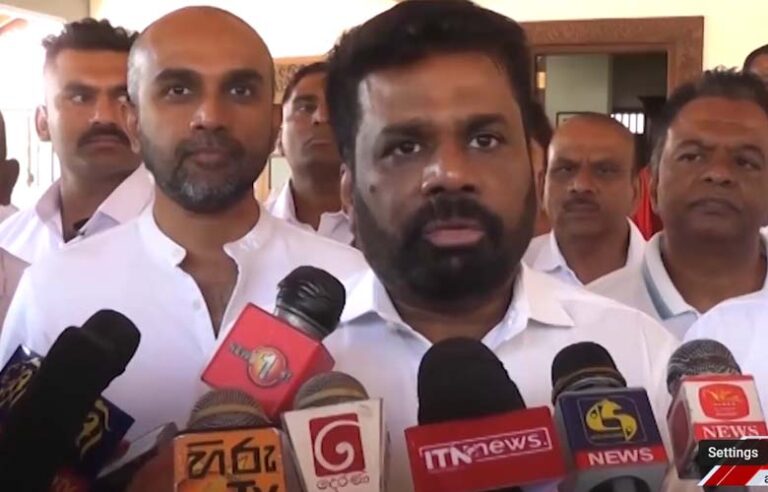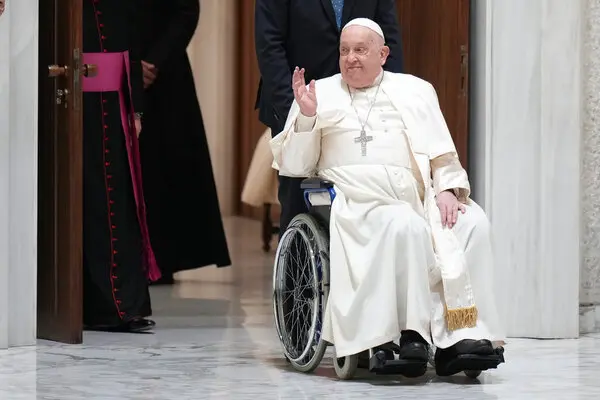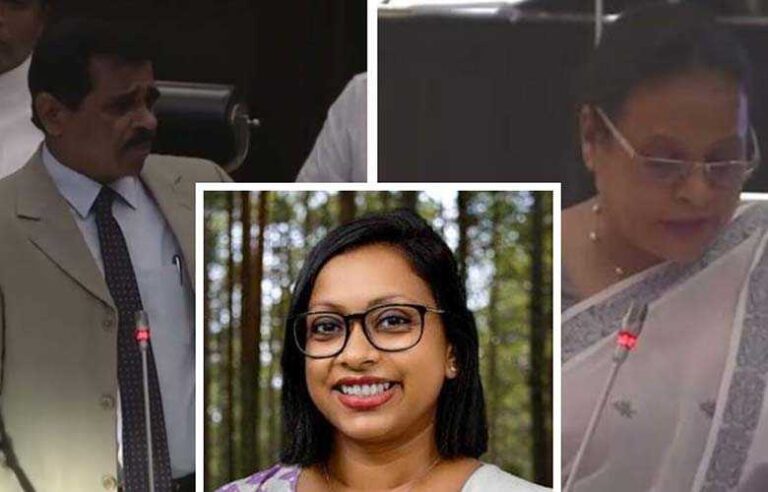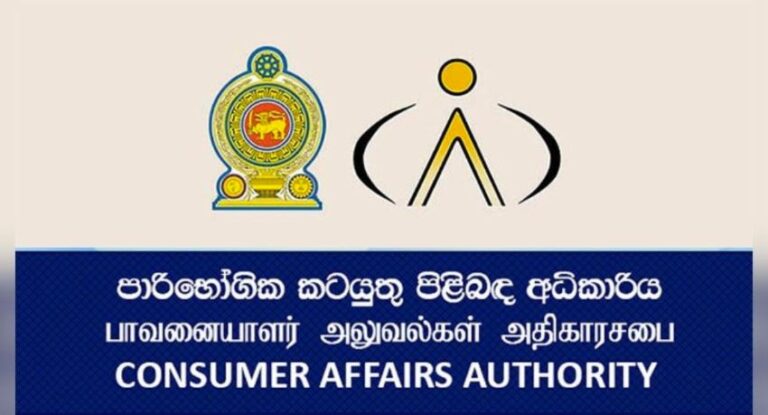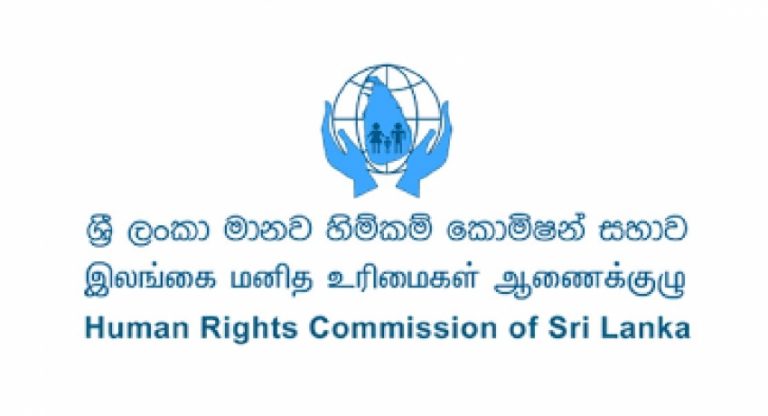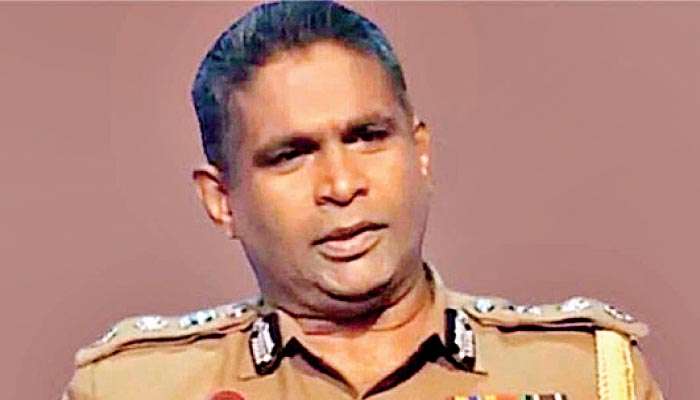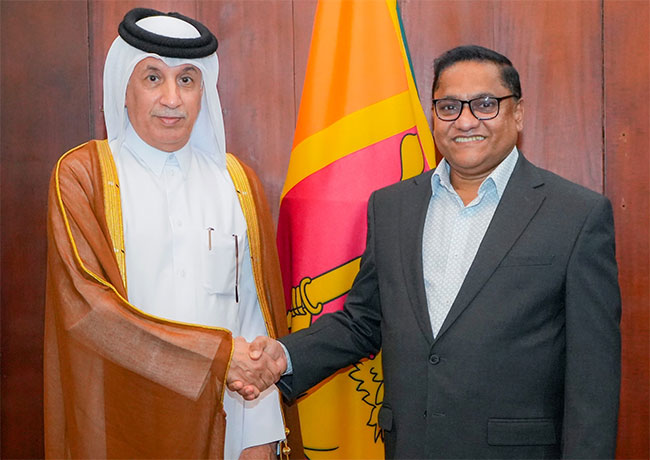By: Isuru Parakrama
February 23, Colombo (LNW): President Anura Kumara Dissanayake sought to reassure the nation today (23), affirming that there is no threat to Sri Lanka’s national security despite a concerning uptick in violence linked to underworld gangs.
Speaking to reporters during his visit to the revered Sri Dalada Maligawa in Kandy, the President addressed growing concerns about the rise in criminal activity and its impact on public safety.
In response to a series of questions about the increasing prevalence of gang-related violence, President Dissanayake stressed that the recent unrest is not a matter of national security but rather the result of ongoing turf wars between rival underworld factions.
“There is no immediate threat to the security of the nation. The current conflicts are contained within the underworld, and they have not posed a risk to the general public,” he explained.
The President acknowledged, however, that the scope of these criminal networks has expanded significantly over time, with underworld groups now infiltrating various sectors and institutions across the country.
“These gangs have managed to entrench themselves within multiple areas of society over the years, developing an extensive and destructive network. But let me assure you, we are taking robust measures to dismantle these operations, and we are confident that we will prevail,” Dissanayake added.
He also highlighted the complex nature of the issue, pointing to the political influence these gangs once enjoyed.
“In the past, some of these criminal elements received political protection, but that support is no longer in place. Now, we are receiving critical intelligence, and investigations are already underway into these networks,” he stated.
The President further raised suspicions that the recent surge in violence might not solely be the result of gang rivalry, but could potentially involve other forces operating behind the scenes.
“There are ongoing investigations into the possibility that these incidents may be more than just clashes between gangs. We are exploring the theory that there may be external forces, perhaps working covertly, that are orchestrating these events,” he said, underlining the government’s commitment to thoroughly investigating these developments.
With the public increasingly concerned about the violence, President Dissanayake reassured the citizens that the government is actively pursuing a multi-pronged strategy to bring these criminal syndicates under control and restore order across the country.


